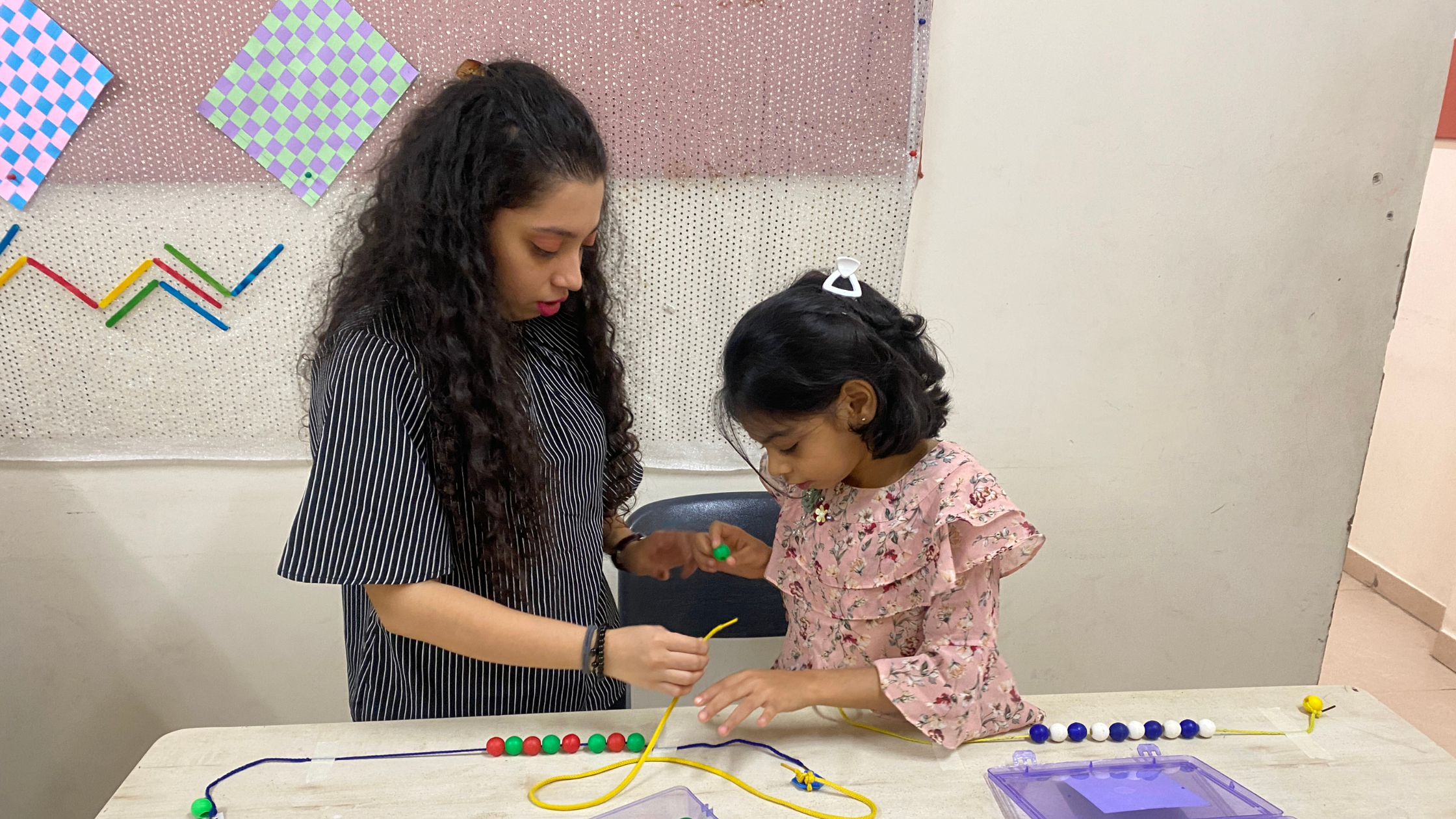

"TABIS" is a well-known school and educational program specifically designed for individuals with ADHD and Autism in Mumbai. Autism School in Mumbai. TABIS is a specialised school in Mumbai that caters to individuals with Autism Spectrum Disorder (ASD). This school offers tailored education, therapy, and support to meet the unique needs of children and adult with Autism.
Intellectual disability, also known as
intellectual developmental disorder (IDD), is a condition characterised by
limitations in cognitive and adaptive functioning. Students with intellectual disabilities may have difficulty
with reasoning, problem-solving, learning, and everyday social and practical
skills.
- Intellectual functioning significantly
below average.
- Deficits in adaptive behaviours, such as
communication, self-care, and social skills.
- Onset during the developmental period
(before adulthood).
- Intellectual disability can range from
mild to severe, affecting individuals in different ways.
Developmental Disability.
- A developmental disability is a broad
term that encompasses various conditions affecting a student's physical,
cognitive, or emotional development. Intellectual disability
is one type of developmental disability. Other examples of developmental
disabilities include Autism, Down syndrome, and cerebral palsy.
- Intellectual developmental disorder (IDD)
is another term for intellectual disability. It reflects the current diagnostic
criteria and is used in the field of clinical psychology and psychiatry to
describe this condition.
- Special education programs and services
are often provided to individuals with intellectual developmental disorders
(IDD) to help them develop essential skills and reach their full potential.
These services can include individualised education plans (IEPs), therapies,
and support tailored to the specific needs of each student.
What is an Intellectual Disability?
- An intellectual disability is a
neurodevelopmental disorder characterised by limitations in intellectual
functioning and adaptive behaviours. It affects an individual's ability to
learn, reason, and function independently. The severity of intellectual disabilities
can vary, and they often require specialised support and education. TABIS is
one of the best schools in Mumbai which supports students with special needs
with its unique teaching -learning program.
Creating and implementing individualised
education plans is essential for students with intellectual disabilities. IEPs
outline specific goals, accommodations, and strategies tailored to each
student's unique needs and abilities.
Early identification and intervention can
significantly impact a child's development. Early support services and
therapies can help students with intellectual disabilities reach their full
potential.
Teaching adaptive skills such as
communication, self-care, and social interaction is crucial. These skills
enable students to function more independently and participate in daily
activities.
Inclusion in general education settings,
when appropriate, can benefit students with intellectual disabilities. It
allows them to interact with typically developing peers and learn from their
peers' behaviours and social interactions.
Implementing positive behaviour support
strategies can help manage challenging behaviours and reinforce positive
behaviours in the classroom and at home.
Educators should be trained in specialised
teaching methods designed for students with intellectual disabilities. These
methods may include visual aids, structured routines, and hands-on learning
experiences.
Collaboration between schools and parents
is essential. Parents are also actively involved in the development and
implementation of their child's education plan.
Students with intellectual disabilities may
face emotional and social challenges. Schools provide emotional support and
teach students about self-regulation and emotional expression.
Encourage and facilitate independence to
the best of each student's ability. Gradual skill development and life skills
training can help students become more self-reliant.
Consider
using assistive technology tools and devices that can aid in communication,
learning, and daily activities for students with intellectual disabilities.
It's important to remember that every student is unique, and their needs and
abilities may vary widely. The Aditya Birla Integrated School focuses on
intellectual disabilities and has its specific approaches and strategies to
support students.